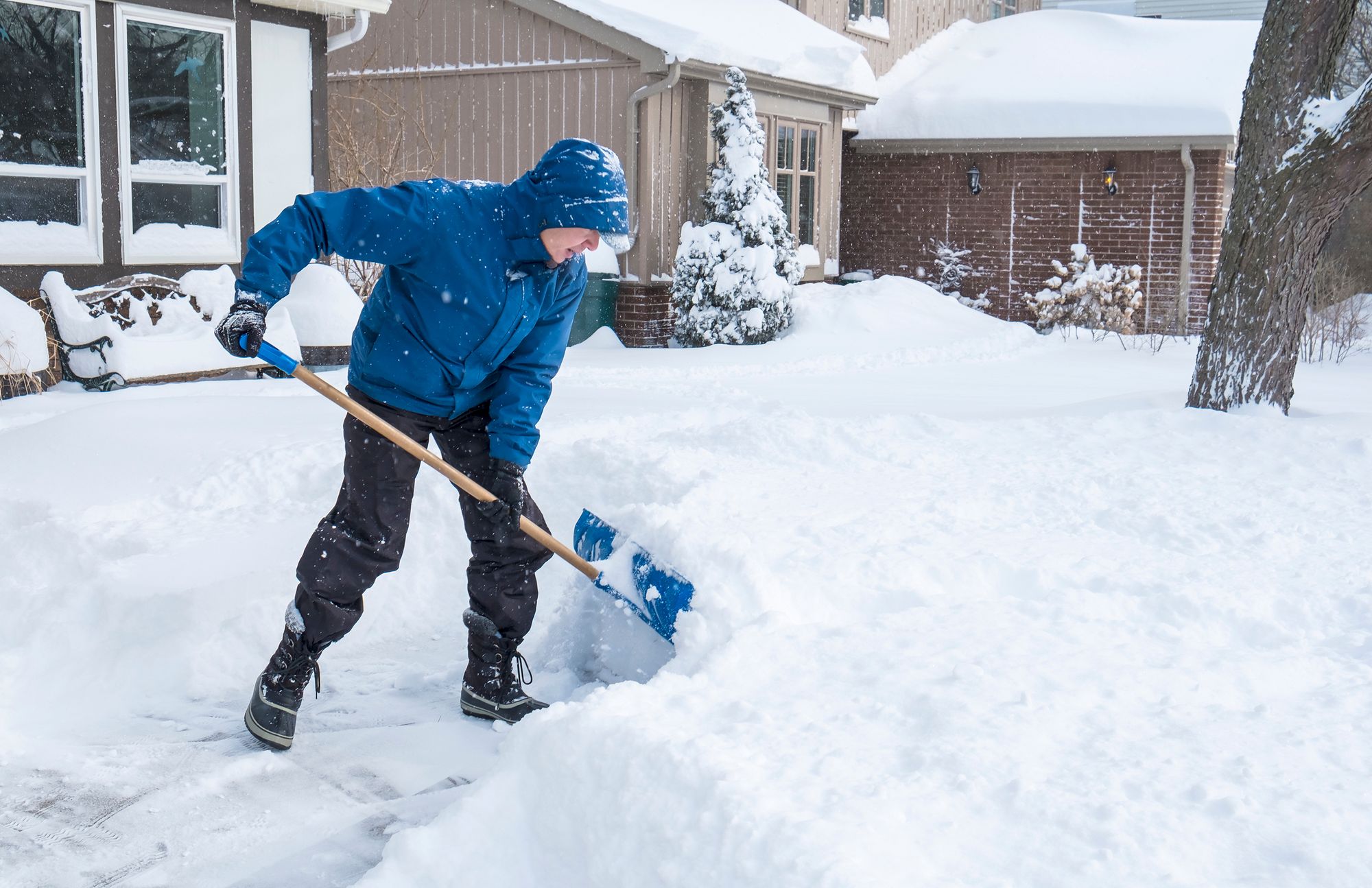
Buying a House Out of State? 4 Things to Consider First
If you’re going to be buying a house out of state, make sure that you’re working with a reputable top agent in your new community.
Moving to a new place is an exciting adventure — but to make sure that everything goes smoothly, you need to know a few things about the process of buying a house out of state.
The process of shopping for, purchasing, closing, and finally moving into a home out of state is different from conducting the process in your current neighborhood.
4 Things to Know When Buying a House Out of State
To help you streamline and strategize buying a house out of state, here are four things you need to consider before you get started.
#1. Choose a Top Agent in Your New Community
When buying a house out of state, it’s critical that you are working with a trustworthy, experienced, and knowledgeable agent that’s familiar with the neighborhood you’re moving into.
Buying a house out of state means that you will be conducting much of the process remotely. When you do need to attend events — like open houses, closing, and the final walkthrough — you may need to travel.

But, you likely won’t be spending the entire time spent shopping for homes, making offers, and moving into escrow in the area. In these cases, your agent will be acting as your local representative. If you are unfamiliar with the area you will be moving to when buying a house out of state, you’ll be relying on your agent to serve as your primary guide when navigating the new real estate market.
To safeguard your investment and streamline your deal, you must work with the real estate agent that’s perfect for you.
To help you find the right agent to assist you with your purchase of an out-of-state property, RealEstateAgents.com can be a great asset to connect you with the right agent. Simply type in the location that you are purchasing in to begin browsing through a ranked list of the top-performing agents in your new community.
#2. Consider Transportation Costs
Since you’ll likely need to be traveling back and forth throughout the deal, don’t forget to include transportation costs within your home buying budget. Besides necessary plane tickets or gas expenses, you’ll also need to think about the moving costs for transporting your belongings from one state to another.

When buying a house out of state, do some research to find reputable interstate moving companies. Once you find the right agent, you can ask them if they have any recommendations for planning out your move.
#3. Review Local Real Estate Laws in Your New State
When you plan on buying a house out of state, you’ll want to review the real estate laws local to your new area. Real estate laws and regulations can vary by location, so it’s important to be aware of the laws that you’ll be subject to when purchasing your new home.
While you’re researching the real estate policies in the area you plan on moving to, make sure that you also look up insurance requirements. Some states require homeowners to take out specific insurance policies for events that the area is subject to.
Buyers should also pay attention to policies that are strongly recommended even if they are not required. For example, California homeowners are not required by law to hold active fire insurance, but it’s recommended to safeguard your investment.
#4. Research Climate and Weather Patterns
When moving to a different state, it’s a good idea to understand what type of climate and weather you’ll be experiencing in your new home. It’s especially important to be familiar with the extreme weather events that the region is subject to so you can understand what your new home will need to withstand over time.
In some cases, the weather and climate may influence your home buying decisions.

For example, if you are moving to a state that is prone to annual flooding, you may not want to purchase a waterside property, or a home resting on the decline of a hill. Or, if the area is known to experience extreme thunderstorms, you may not want to choose a home that is surrounded by large trees with branches extending over the property.
Knowing the climate and weather conditions are also important as it can help you obtain specific insurance policies for natural disasters common in the area.
To access more tips for homebuyers, explore other blogs from RealEstateAgents.com.





